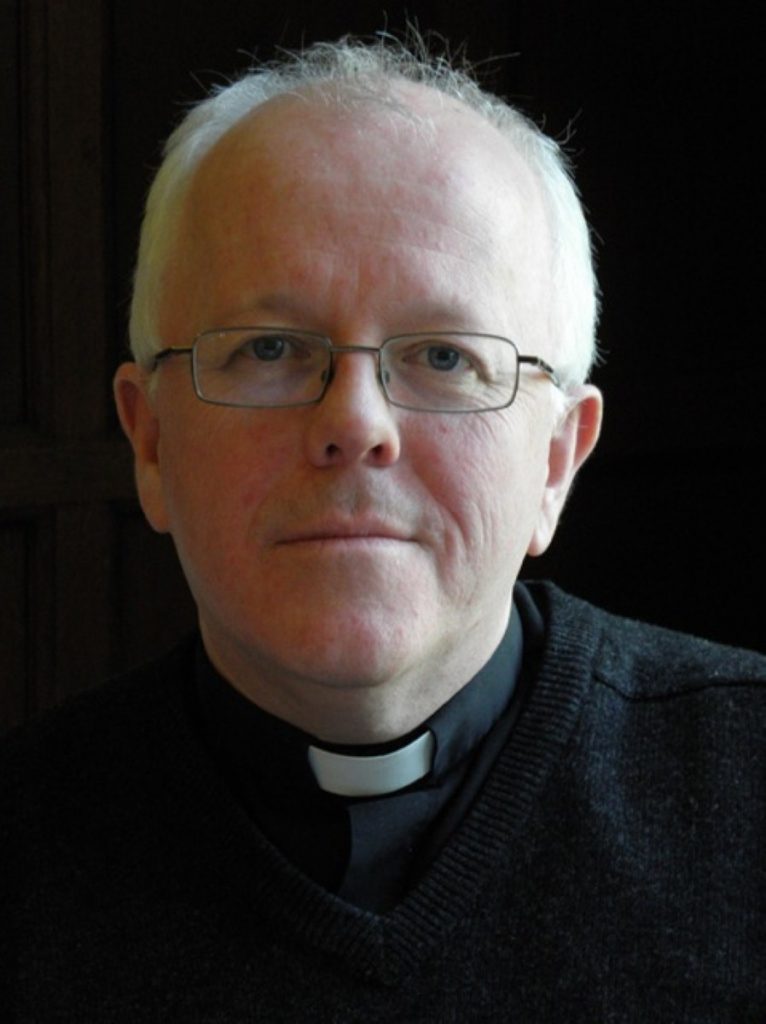Comment: How do you replace the Pope?
By Michael McAndrew
We now know that at 8pm on February 28th, the See of Rome will be vacant. There will be a vacancy for a successor to St Peter, an opening for a sovereign of the Vatican City and a bishop of Rome and, of course, a supreme pastor for the universal church will be needed.
If each of these roles could be separated out and given to different people each job on its own would need a hugely gifted individual to respond to the challenge.
However, as it is, the resignation of Pope Benedict XVI means that on March 1st the process will begin to find one single person who will hold all these titles and bear all these responsibilities.


A lot of comment in the media on the papal resignation has tended to focus on one or other of these various roles of the Pope. Indeed, it would be fair to say that it hardly seems possible to focus on them all at once.
In looking at what sort of Pope Benedict has been, some commentators seem to think he is chiefly a CEO of a huge multinational, and so in looking for a successor the cardinals will need to find a competent new executive who will clean up and reorganise the business.
To others the Pope is the leader of a sovereign state that has a huge diplomatic and political influence around the world and so someone has to be found who will take a lead in promoting human rights and the protection of the environment.
Others again want someone who will be a good bishop of Rome, a religious leader of either the reformist or the restorationist variety, depending on your religious preference.
Discussion of the legacy of Pope Benedict and what will be needed in his successor reflect which particular aspect of the papacy is in focus.
There is, however, one title which everyone uses but which does not seem to be the focus of much reflection.
That is, of course, the title ‘Pope’ which derives from papa – father.
He is, first and foremost for Catholics, the Holy Father. The Pope is the one who is the visible sign of unity for the Church.
Those who are not Catholic sometimes fail to understand this about our relationship with the Pope. He is an essential part of our family, even though it is made up of many millions.
Many will turn out to see him, and to cheer him, as thousands did in the UK, most notably young people, even when not signed up to all his teaching.
It does seem that Catholics are surprised and a little shocked by this resignation.
Responding to the Pope on Monday Cardinal Sodano, the dean of the College of Cardinals, said he "had listened to you with a sense of bewilderment,
almost completely incredulous".
While it is difficult for Catholics to make sense of this resignation, it seems Pope Benedict is exercising his papacy – his fatherhood – of the family of the church in this particular way. It seems a brave decision and an affirmation of the humility he displayed on the day of his election when he declared himself a "humble worker in the vineyard of the Lord".
The cardinals will be considering all sorts of issues as they seek to elect the person who can be the bishop of Rome, the successor of St Peter. In a sense they will be looking for a CEO, but also someone who is a pastor, a communicator, a holy and faithful Christian.
But the essence of what most Catholics will be looking for is someone who can be a Pope – ‘Holy Father’ – to the disciples of Christ.
Michael McAndrew is a priest of the Diocese of of Clifton. He has worked extensively in Adult Christian education.
The opinions in politics.co.uk's Comment and Analysis section are those of the author and are no reflection of the views of the website or its owners.

